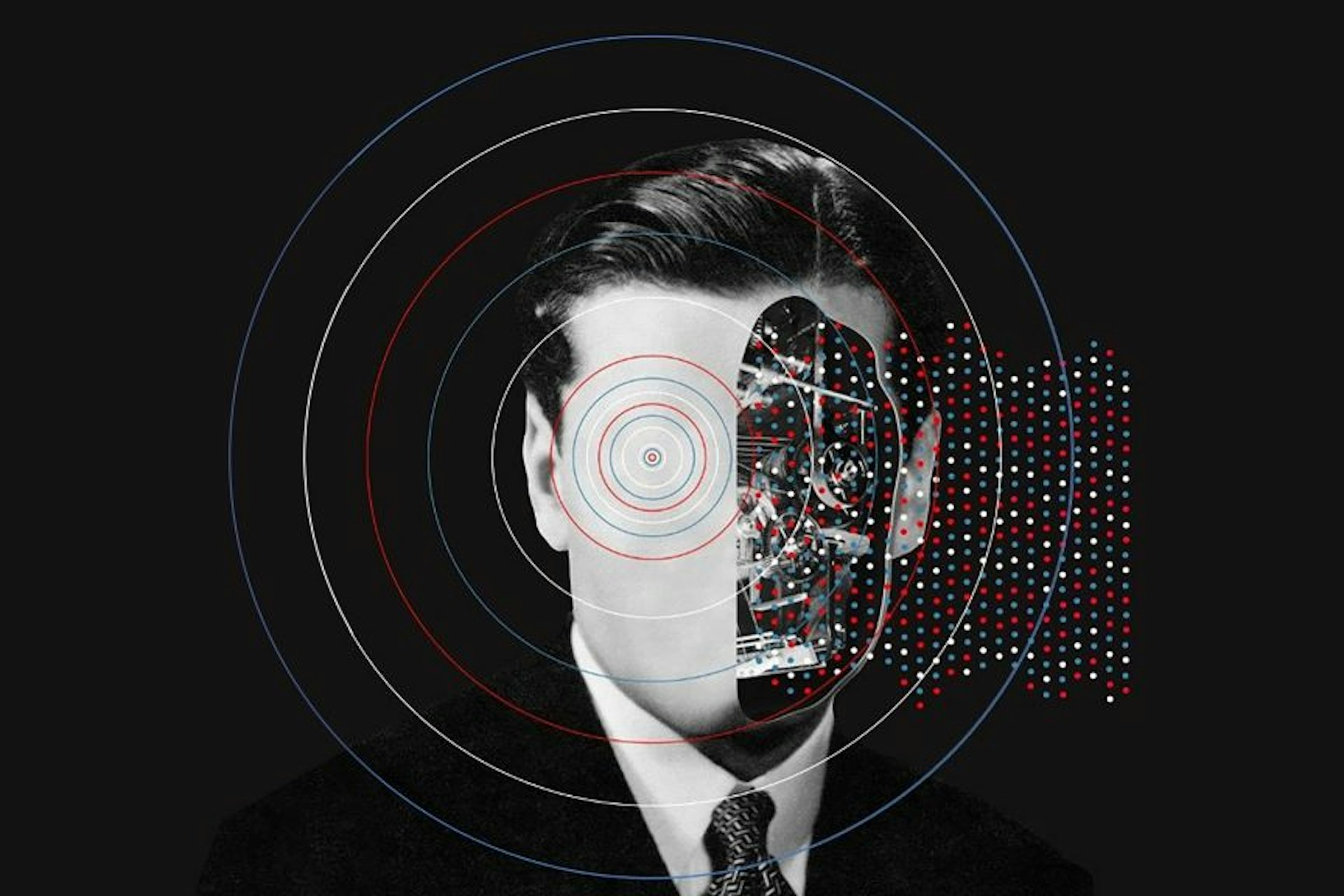Legal tech is on the rise. A report by Thomson Reuters confirmed a 484% increase in legal services patent filings over the last five years, led by the US, China and South Korea, as more firms invest in technology. This number reflects the “rise of alternative legal services – such as virtual law firms – and the rapid expansion of the online legal industry.”
According to Forbes, in the past 50 years, more than $750M has been pumped into U.S.-based legal tech. 67 legal tech financing deals were closed last year – more than ever before, with a record 27 in the final quarter.
Luminance transforms due diligence
London-based AI startup Luminance leverages pattern recognition and machine learning to pull valuable information from thousands of contracts and legal documents in seconds – particularly in the case of M&A.
The idea is that it takes out the tedious work, allowing lawyers to focus on the decisions that require human logic. The platform’s pattern recognition technology can also identify potential risks or unusual clauses and cases, ranking them to bring lawyers’ attention to the right place.
The firm has raised $10M as it sets sights on expansion into the US. Beyond pulling more insights, the technology enables legal review to be completed 75% faster, without using large teams of paralegals and junior lawyers working long hours.
While some fear this efficiency may replace some junior level lawyers, CEO Emily Foges is not worried. “You get all these time-savings in doing document review and you lose nothing,” she said. “You are gaining more thinking time.”
Legal Technology Services provides technical backbone for law firms
Co-founded by Chris Smoak and Twitch.tv’s Justin Kan, Legal Technology Services offers a suite of tools to power-law firms with the tech needed to better serve their clients – particularly in the startup space. They offer things like document creation, e-signing, and project management workflows.
The first firm to implement LTS technology was Atrium, which began as a way of pushing back against the traditionally slow-to-adopt industry when it comes to tech. Founded along with Kan, the firm aims to “make access to corporate legal services transparent and price-predictable by building the largest structured data platform for organizational and contract data…modelling how best to store this information, and inventing new ways for lawyers and paralegals to interact with the resulting structured data to help advise clients.”
According to the Financial Times, Sally Wokes, a partner at Slaughter and May, says Luminance can halve the time spent on due diligence.
The fear of automation
A study by Deloitte predicts about 114,000 legal jobs are likely to be automated in the next 20 years and that technology has contributed to the loss of about 31,000 sector jobs.
While AI and automation tools in the legal profession will undoubtedly make the work of junior legal professionals and lawyers across the board more efficient and enable them to process more data much more quickly, many fear this will turn into dramatic job loss in the sector.
According to Nik Reed of Ravel, the goal instead is to enable those professionals to better use their judgment based on more comprehensive data insights. The human judgment call remains a crucial element for any legal decision. “What we’re hopefully doing is finding cases that you need to understand,” he said. “Professional lawyers have to use their intuition and their best judgment to understand the law.”
“We get AI to do a bunch of things cheaply, efficiently and accurately — which is most important,” says Wendy Miller, partner and co-head of real estate disputes at UK firm BLP. “It leaves lawyers to do the interesting stuff.”
